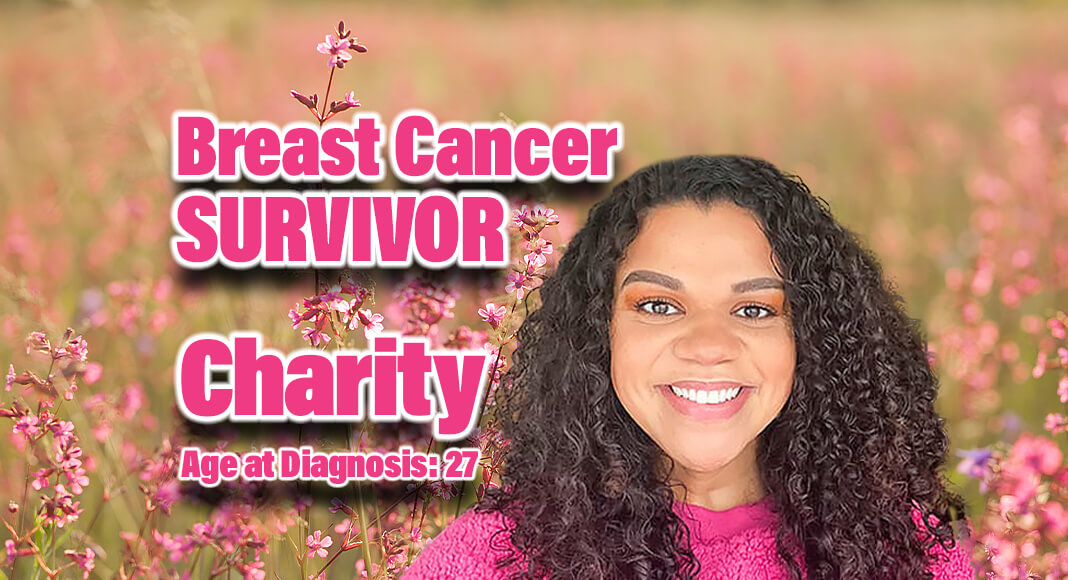
Mega Doctor News
Being diagnosed with stage three breast cancer at age 27 forced me to grow up quickly. Now, I’m on a mission to help other cancer survivors cope and share their stories.
Removing My Ovaries to Protect My Health
There Isn’t Just One Face to Breast Cancer
When Charity was diagnosed with breast cancer at 27, she faced a series of difficult decisions. Watch her videos to learn what steps she took to be proactive about her health and her cancer risk – and what she wants young women to know about their health.
After my breast cancer diagnosis, I met with a genetic counselor and tested positive for a BRCA2 gene mutation, which puts me at high risk for both breast and ovarian cancer.
Having removed my breasts as part of my breast cancer treatment, I decided to further reduce my cancer risk by removing my ovaries.
This decision to remove my ovaries was not easy. It brought feelings of loss—like losing the opportunity to have my own kids in the future.
Still, I feel it was the best decision for my health and have no regrets.
Coping Through Comedy
After my cancer treatment, I started performing standup comedy to share my cancer experience with others. Talking about my story helped me process my feelings.
I now work with other young cancer survivors to help them express their anger, frustration, anxiety, and sadness around cancer through humor.
Through comedy, I help survivors make their stories their own and help others understand what it’s like to be a cancer survivor.
Balancing Mental and Physical Health
For me, mental health is just as important as physical health. This means moving my body when I can, but not being hard on myself when I need a day off. I remind myself that progress happens over time.
I practice self-care by prioritizing what makes me happy. My self-care habits include yoga and meditation, therapy, and journaling.











